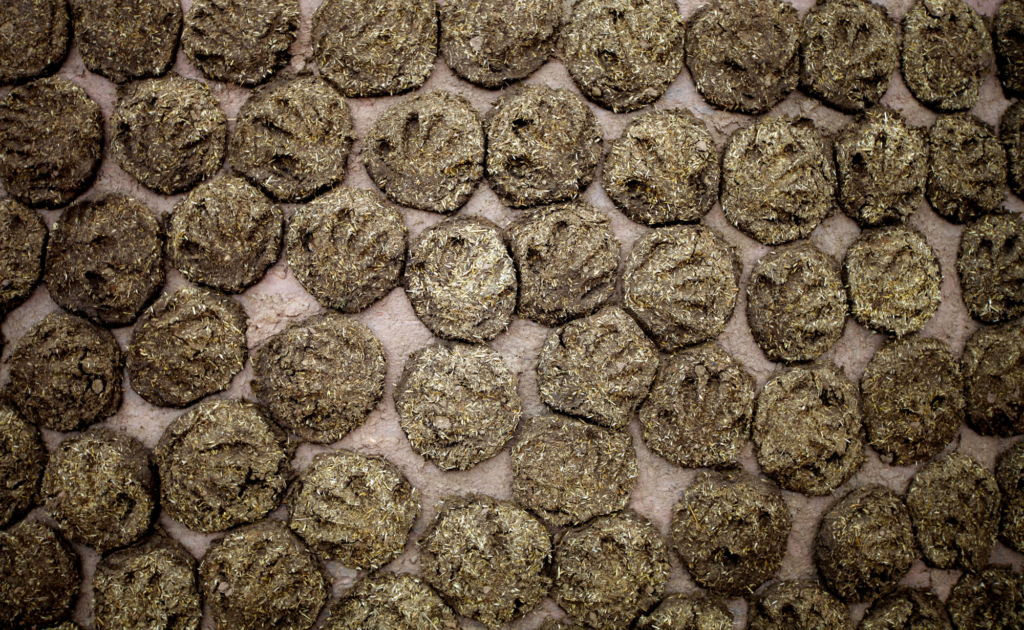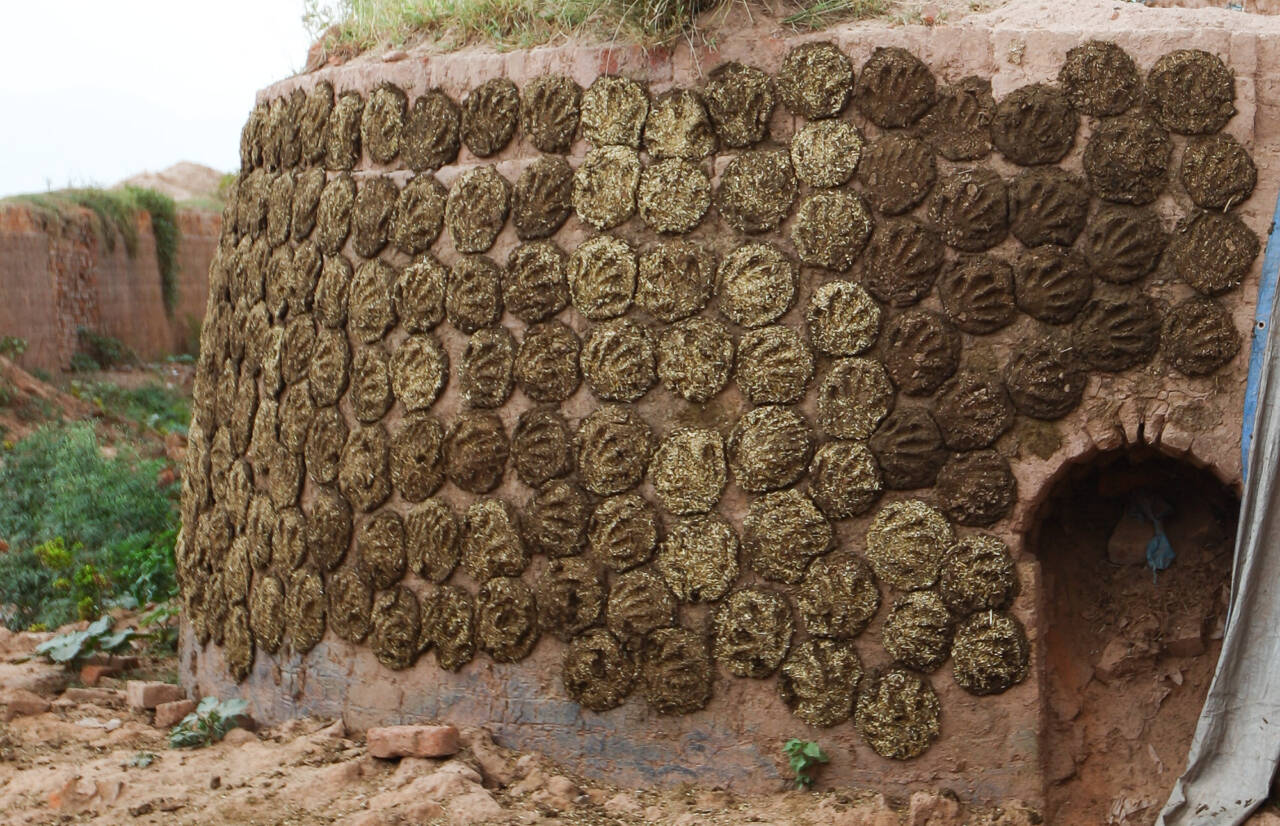India’s agricultural resources continue to expand their influence globally, and in a surprising turn, cow dung has emerged as a sought-after commodity in the Gulf region.
Countries like Kuwait and other Arab nations are importing large quantities of this humble byproduct for an unexpected purpose. The growing demand for cow dung in these regions has brought a significant boost to its value, transforming it from an inexpensive material to a valuable export.
The Surging Demand for Cow Dung in Gulf Countries
Kuwait recently fulfilled an order of 192 metric tons of cow dung from India, and this trend is gaining momentum across the Gulf region. But why has dung, a material traditionally used in Indian agriculture, become so important to these oil-rich nations? The answer lies in agricultural innovation.
Research by agricultural scientists has revealed that powdered cow dung significantly enhances the yield of date palm crops, a staple in the region. Date palms hold cultural and economic significance in the Gulf, and improving their production is a priority.
By enriching the soil, powdered cow dung not only increases the size of the fruit but also boosts the overall yield, making it an invaluable resource for agricultural advancement.
Read : British Farmer’s Rolex Watch Eaten by Cow in 1970 Recovered After 50 Years
This newfound application has led to an exponential rise in the demand for dung in these countries, leading to its large-scale import from India.
Read : Kuwait: A Prosperous Jewel in the Arabian Gulf
While these nations are abundant in oil and gas, their arid climate and soil conditions make agricultural productivity a challenge. Cow dung offers a natural and effective solution to enhance soil fertility, fostering better crop production in a sustainable manner.
Cow Dung Production and Its Versatility
India, home to approximately 300 million cattle, produces an estimated 30 million tons of dung every day. Traditionally, cow dung has been a cornerstone of rural Indian life, utilized for various purposes such as fuel, fertilizer, and biogas production. Dried cow dung patties are a common sight in Indian villages, used as an inexpensive and renewable energy source.

Globally, dung has found applications beyond traditional uses. In countries like China and the UK, it is employed for generating electricity and biogas. However, its use as a natural fertilizer remains a primary function, especially in agricultural economies. The current export trend highlights India’s ability to meet both domestic needs and international demands.
The export of cow dung from India to the Gulf countries signifies more than just a trade relationship—it reflects a unique cultural and economic exchange. Traditionally rooted in India’s agricultural practices, the value of cow dung as a sustainable resource is now recognized globally.
This trade highlights how simple, organic solutions can address modern challenges, bridging diverse agricultural practices across regions. By integrating traditional Indian know-how with the Gulf’s agricultural needs, this collaboration sets an example of how natural resources can be utilized innovatively to foster mutual growth and sustainability.
Economic and Environmental Implications
The growing export of dung to the Gulf region has created a unique economic opportunity for India. Cow dung, once considered a low-value product, is now sold for Rs. 30 to Rs. 50 per kilogram due to its rising demand. This increase in value not only benefits Indian farmers but also opens new avenues for trade in organic agricultural inputs.

Environmentally, the use of dung as a fertilizer aligns with sustainable farming practices. Unlike chemical fertilizers, cow dung is a natural product that improves soil health without causing adverse effects. Its adoption in Gulf agriculture reflects a broader shift towards eco-friendly methods to address the challenges of modern farming.
The economic benefits extend beyond the agricultural sector. As demand for cow dung continues to rise, it creates opportunities for employment and innovation in logistics, processing, and export operations. For farmers, it represents an additional source of income, contributing to rural development and financial stability.

